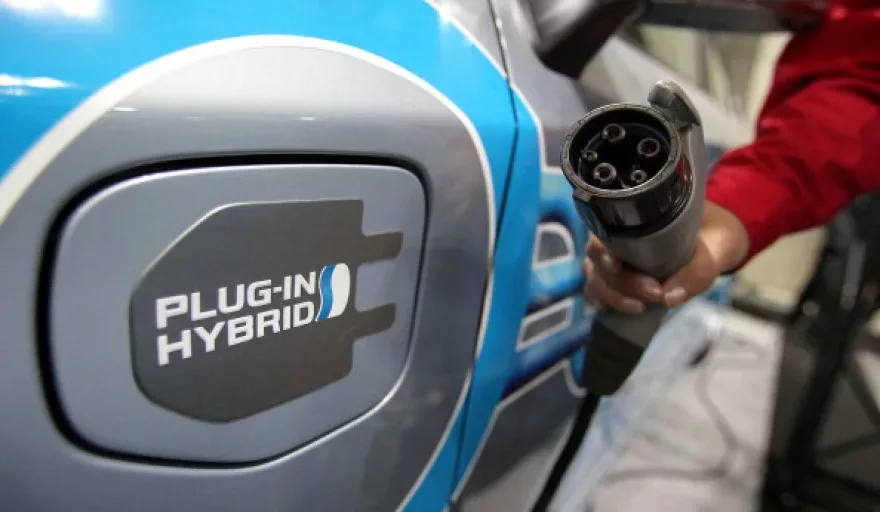Some of Japan’s top car makers – including the well-known Toyota Motors – are joining forces to speed up the arrival of the fuel cell powered car; which remains a costly and complex technology.
Cars that use hydrogen as fuel could virtually end the problem of automotive pollution.
Japan’s government are also supporting this vision. The Prime Minister Shinzo Abe’s growth strategy included a call for subsidies and tax breaks for buyers of fuel call vehicles, relaxed curbs on hydrogen fuel stations and other steps under an initiative to promote hydrogen energy.
World’s biggest car maker, Toyota – along with the country’s number 3 Honda Motors – could start selling fuel cell vehicles as early as 2015.
With two of Japan’s three biggest automakers going all in on fuel cells, the country’s long-term future as an automotive powerhouse could now hinge largely on the success of what they hope will be a key technology of the next few decades.
The auto sector carries special significance in Japan, providing nearly one in 11 jobs and about one-fifth of its manufacturing output. It is also one of the few big industries where Japan remains at the pinnacle of global competition after losing much of its edge in electronics and elsewhere.
Japan’s ruling party is pushing for ample subsidies and tax breaks for consumers to bring the cost of a fuel cell car down to about $20,000 by 2025. The government is also aiming to create 100 hydrogen fuel stations by end-March 2016 in urban areas where the vehicles will be launched initially.
“To stay globally competitive, Japan cannot afford to lag behind in this area,” said Yuriko Koike, a former environment minister who heads a group of ruling party lawmakers advocating hydrogen energy.
Hydrogen vehicles can run five times longer than battery-operated electric cars, and their tanks can be filled in just a few minutes compared with recharging times from 30 minutes up to several hours for electric cars.
The challenges for fuel cell cars nevertheless remain daunting and growth could be slow, especially given the expense of building up an infrastructure of hydrogen fuel stations and the likely reliance on subsidies until costs come down.





















